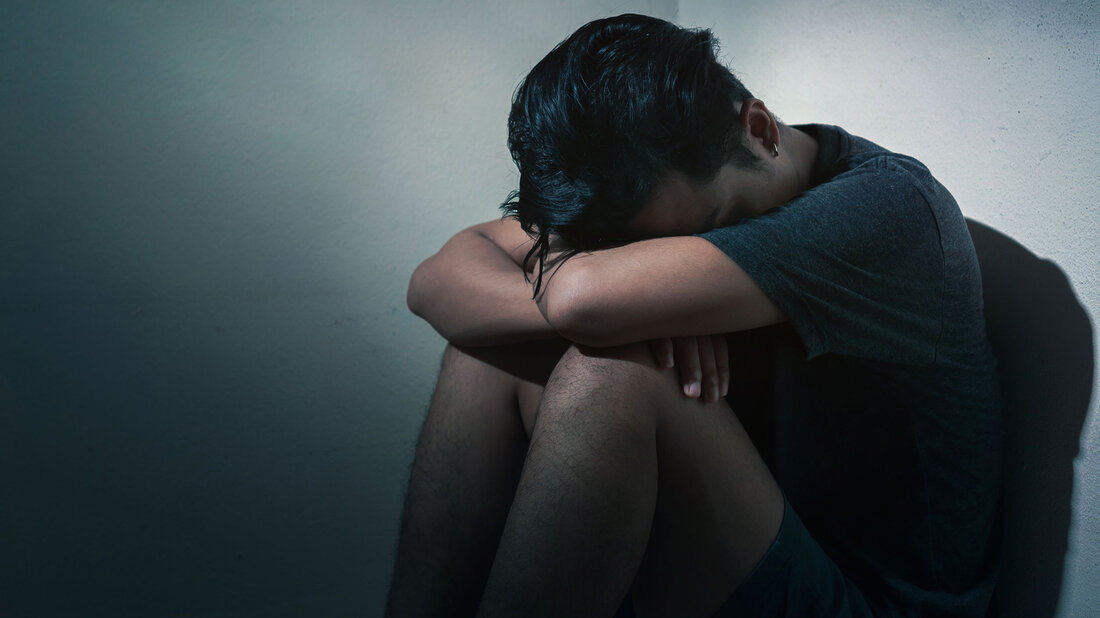Acne Vulgar
Acne vulgaries is a skin disease and occurs equally in men and women. Acne includes whiteheads, blackheads, pimples, pimples, breakouts of lesions and deeper nodules. It appears on the face, shoulders, back, upper arms and chest. Types of Acne Vulgar Inflammatory Pustules Cysts Papules Scars Non-Inflammatory Blackheads Whiteheads Secondary Lesions Scratches Pigmented Macula Erythematous Macules Scars Nodules Causes of Acne Vulgaris Hormone levels rise and skin glands produce more oil during puberty. These oils help keep the skin moisturized. When oil mixes with dead skin cells, acne vulgaris begins. The mixture becomes infected with bacteria and causes redness,...

Acne Vulgar
Acne vulgaries is a skin disease and occurs equally in men and women. Acne includes whiteheads, blackheads, pimples, pimples, breakouts of lesions and deeper nodules. It appears on the face, shoulders, back, upper arms and chest.
Types of acne vulgar
Flammable
- Pusteln
- Zysten Papeln
- Narben
Non-flammable
- Mitesser
- Whiteheads
Secondary lesions
- Kratzer
- Pigmentierte Makula
- Erythematöse Makulae
- Narben
- Knötchen
Causes of acne vulgaris
Hormone levels increase and skin glands produce more oil during puberty. These oils help keep the skin moisturized. When oil mixes with dead skin cells, acne vulgaris begins. The mixture becomes infected with bacteria and leads to redness, pus-acne and swelling. Sometimes it can be developed due to certain medications. In some cases, hormones are passed from mother to newborn and the baby develops acne.
Symptoms of acne vulgaris
It can range from mild to severe. Mild acne can cause blackheads and whiteheads, but severe acne can cause various pimples on the skin. These lesions can leave scars after treatment and this acne is painful. Acne can lead to depression and low self-esteem.
diagnosis
The doctor will perform a physical examination to diagnose acne vulgaris. The healthcare provider will ask patients some medical history questions to determine the type of acne. No special tests are required to diagnose acne.
Treatment
The types of treatment depend on the form of acne, such as: Treatment may include gels or special lotions to remove acne from the skin. Sometimes oral medications or topical medications are prescribed by the doctor.
Mild acne
Treatment for mild acne such as blackheads, pimples or whiteheads may include benzoyl peroxide such as Benzac, Clearsil or Benoxyl or salicylic acid such as Stri-Dex, Clearsil or Propa pH, or gentle cleansing with a mild soap such as Neutrogena or Dove.
Sometimes topical lotions containing antibiotics or other medications to kill bacteria are prescribed by the doctor for a better result.
Moderate to severe acne
Combinations of medications or therapies are required to treat acne vulgaris. Oral antibiotics may be administered by the doctor to begin the healing process. There is a need for a combination of different therapies for inflammatory acne. Treatment may include:
- Drainage von Zysten und Pickeln durch eine ausgebildete medizinische Fachkraft.
- Anwendung von verschreibungspflichtigen Retinoiden.
- Einnahme von verschreibungspflichtigen oralen Retinoiden.
- Anwenden von Benzoylperoxid.
- Laserbehandlung.
- Hochintensive Lichtwellentherapie.
- Azelainsäure auftragen.
Home treatment
Wash the affected skin twice daily.
Do not squeeze or touch the acne.
Avoid products such as cold creams, lip glosses, milky cleansers that contain oils.
Always use over-the-counter medicated soaps, gels, creams and lotions to remove the acne.
Use only water-based skin care products.
Over-the-counter products include the following to treat acne:
- Benzoylperoxid
- Salicylsäure
- Alpha-Hydroxysäure
- Teebaumöl
prevention
- Vermeiden Sie starkes Schwitzen.
- Waschen Sie das Gesicht regelmäßig mit milder Seife und Wasser.
- Vermeiden Sie Haarpflegeprodukte wie Mousse, Gele und Cremes.
- Vermeiden Sie es, die betroffene Haut zu berühren.
- Vermeiden Sie den Kontakt mit aggressiven Chemikalien und Ölen.
- Vermeiden Sie übermäßige Sonneneinstrahlung.
Inspired by Fred Martimes

 Suche
Suche
 Mein Konto
Mein Konto
